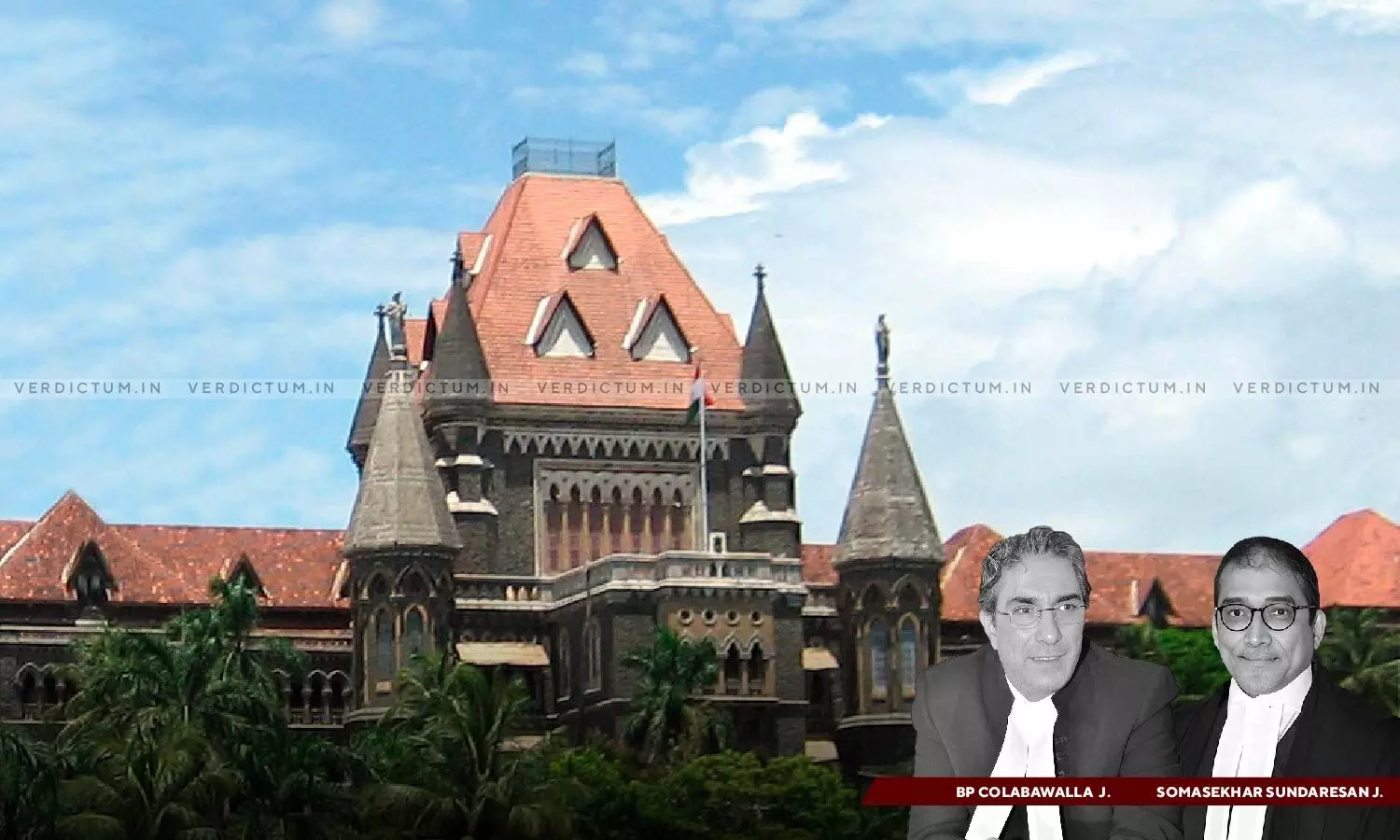
Security Deposit By Corporate Debtor In Court Prior To Commencement Of CIRP Would Not Cease To Be Its Asset: Bombay HC
 |
|The Bombay High Court has ruled that money deposited by a corporate debtor as a security deposit in court prior to insolvency proceedings remains the debtor's asset, even if the funds are no longer in its possession. The decision clarifies the treatment of such deposits under the Insolvency and Bankruptcy Code (IBC).
The Division Bench of Justice BP Colabawalla and Justice Somasekhar Sundaresan delivered the judgment in a long-standing dispute involving Siti Networks Ltd., currently undergoing insolvency resolution under the IBC.
“We hold that monies or any other asset deposited by a corporate debtor in court prior to commencement of CIRP by way of security... would not cease to be the asset of the corporate debtor,” the Court observed.
The dispute began in 2002 when Rajiv Suri filed a suit seeking Rs. 15 lakh in damages from Siti Networks. In 2016, the High Court ruled in Suri’s favor, directing Siti Networks to pay the damages along with 24% interest. Pending Appeal, the Court ordered the company to deposit Rs. 20 lakh as security and provide a bank guarantee. In February 2023, Siti Networks entered the Corporate Insolvency Resolution Process (CIRP) due to financial distress. The company later sought to withdraw its appeal, revoke the bank guarantee, and claim the deposit, arguing the funds remained its asset.
The respondent, Suri, opposed the release of the funds, contending that once deposited in court, the money ceased to be the debtor’s asset.
Rejecting Suri’s argument, the Court held that the deposit was made as security for the appeal and ownership of the funds remained with Siti Networks. “Such a deposit is indeed nothing but a security for a potential dismissal of the appeal. If the appeal were to be allowed, all the right, title, and interest in the assets so deposited would be released to the corporate debtor,” the Bench stated.
The Court further explained that while Suri held a security interest over the deposited funds as a judgment creditor, the underlying ownership of the asset remained with the debtor. “Upon a cash deposit being made in Court, such judgment creditor would have a security interest over the amount so deposited. However, the asset over which the security interest has been created would indeed continue to be an asset of its owner — in the instant case, the corporate debtor,” the Court clarified.
The Court underscored that the provisions of the IBC take precedence over traditional creditor rights. In insolvency scenarios, all assets of the debtor, including court deposits, fall under the management of the Resolution Professional (RP).
“The substantive rights of the respondent who is the judgment creditor under the Impugned Judgment shall be subject to the provisions of the IBC,” the Court noted.
Accordingly, the Court allowed Siti Networks to withdraw the Rs. 20 lakh deposit, along with accrued interest, and permitted the withdrawal of its appeal. It further ordered that the funds be released within two weeks, subject to procedural rules.
Cause Title: Siti Networks Ltd. v. Rajiv Suri [Neutral Citation No. 2024:BHC-OS:18434]
Appearance:-
Applicant: Advocates Saurabh Bachhawat, Mitesh Shah, Nishant Sogani, Rohan Gajaria, Ishaan Wakhloo
Respondent: Advocates Ajit Anekar, Siddhant Sawhrey
Click here to read/download the Judgment